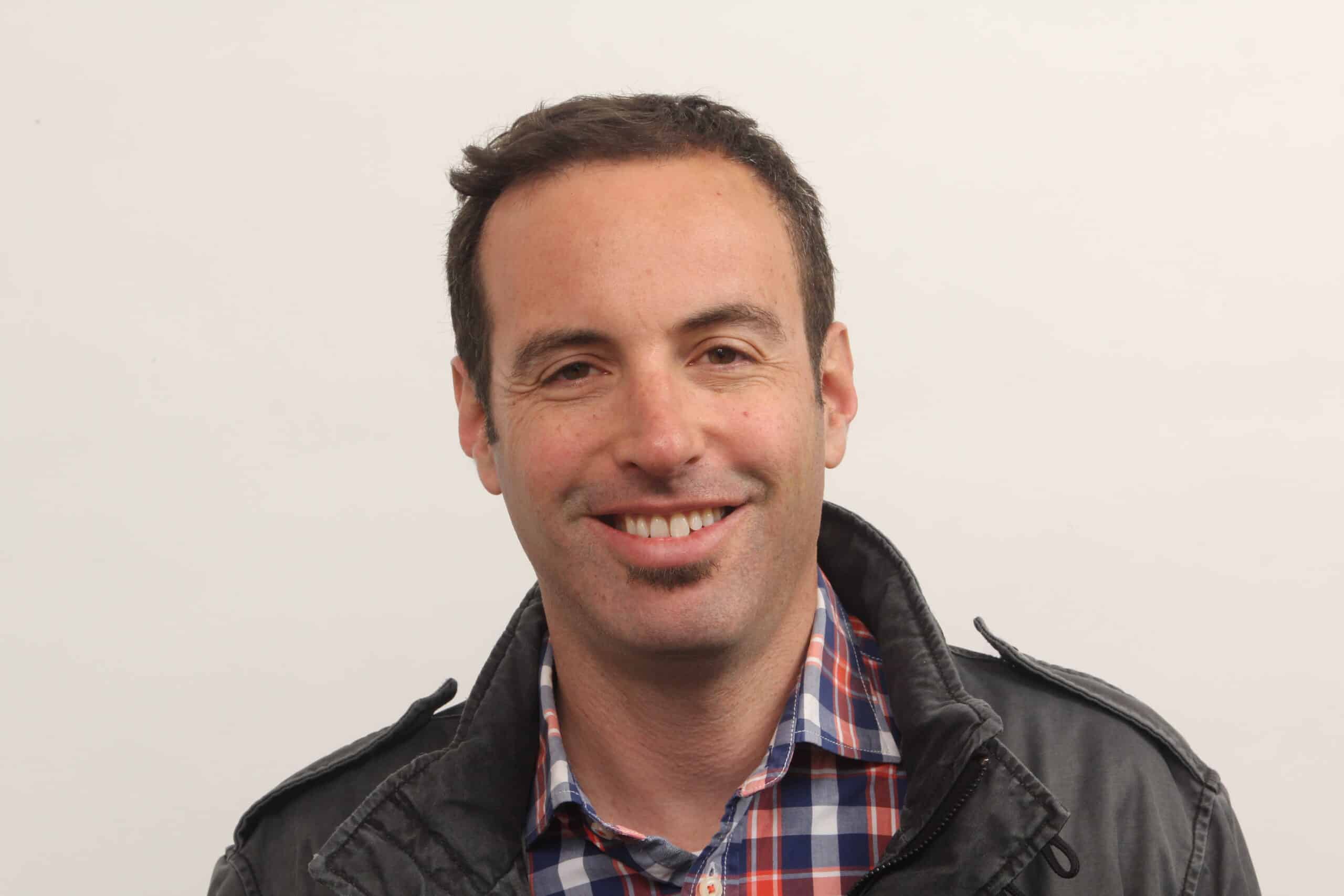Gil Horsky finds his job fun and difficult at the same time. He is director of innovation at snack company Mondelez International, known for brands such as, Milka, Oreo, Côte d’Or and Lu. “It is always exciting to launch new products, to see the products we’ve invented years ago finally in the supermarket. But innovation asks for perseverance to push forward new ideas. That is tough.” His enthusiasm about innovation is contagious, when talking to him. At the upcoming F&A Next event in Wageningen, Mr Horsky will be one of the speakers, sharing his thoughts about innovation in food.
Traditional innovation is slow
Mr Horsky has been working at Mondelez since 2010. Five months ago he became part of the so-called innovation and venture hub SnackFutures within Mondelez. SnackFutures aims to shake-up the snack industry and to use current trends and opportunities to shape the future of snacking. One subject that gets special attention is innovation. “Within SnackFutures we try to change the way of innovation in snacks. Traditional innovation is robust and slow. It goes slowly step by step and takes a lot of time. It works well, but the time it takes is a disadvantage”, says Mr Horsky. The new innovation method focuses on ‘transactional learning’. “This means that we follow the consumers who are early adaptors of new products. We choose one store to sell a new product in as a test and then ask the people who buy these products some questions. With this method we can move much faster and it is the best way of learning from consumers in real time.”
Changing industry
According to Mr Horsky, the snacking industry is growing and it will grow further in the near future. The industry is not only growing, it is also changing. “People are snacking more and more. Consumers have more to spend, have more occasions to snack and are eating less meals. Our mission is to therefore offer consumers the right snacks at the right moment.” And what about ‘unhealthy snacks’, is there a future for those snacks? Yes, thinks the director of innovation. “We see more and more interest for healthy snacks, for fruits and vegs, but we also know consumers sometimes want more indulgent treat, so for us it’s all about giving choices. So, for example, shortly we will introduce chocolate with 30% less sugar in the United Kingdom, to give consumers the opportunity to make healthier choices. At the same time we are looking for opportunities to introduce snacks based on fruits and vegetables. ”
Consumer needs top priority
How does a big company ensure that it does not lag behind consumer trends, but is always a step ahead? By putting the consumer in the centre of everything you do, thinks Mr Horsky. “Trends are going fast. Consumer preferences change, the retail environment changes. And ideally we want to be the player that creates trends. To achieve that, understanding the needs of consumers has to be top priority.” At the same time, Mondelez acknowledges that it doesn’t have all the knowledge in-house. “Therefore we aim to work together with a lot of partners, internal and external.” Partners are also important to get a holistic view of what is happening and what is needed to be done in the industry, according to the director of innovation. He names the environment, sustainability and ethics as examples. “A good overview of what we are really doing and why, is important nowadays.”
Start-ups are important
All these ideas fit within the three pillars of SnackFutures. “The first pillar is ‘invent’: developing new brands in defined areas. The second pillar is ‘reinvent’: reinventing smaller brands of Mondelez, nourishing them and giving them the attention they deserve. The third pillar is ‘venture’: working together with start-ups, benefiting from their refreshing ideas and helping them to develop.” Start-ups are very important for Mondelez. That important that there is even a possibility for start-ups to directly connect with SnackFutures via the website. “There are a lot of fantastic entrepreneurs entering the food market now. They realise more and more that food is a great area to develop in.” Mr Horsky sees that more and more entrepreneurs from other areas start in the food business. “Knowhow and sciences from other areas enter in food, like biotechnology or blockchain. I see that as a positive thing. It is a very exciting time for the food industry and for start-ups in food, and Mondelez sees that.”
There are quite some differences between start-ups and big companies. How can they successfully work together? According to Mr Horsky there are three factors that increase the chances of success. “The first one is alignment of objectives. From the beginning, there needs to be clarity of what both parties want and expect. Secondly, both sides need to give something in the cooperation. It has to be an equivalent cooperation. Last but not least, the company and the start-up should right from the beginning discuss if there is a win in the cooperation. If not, it might be better not to cooperate.”
